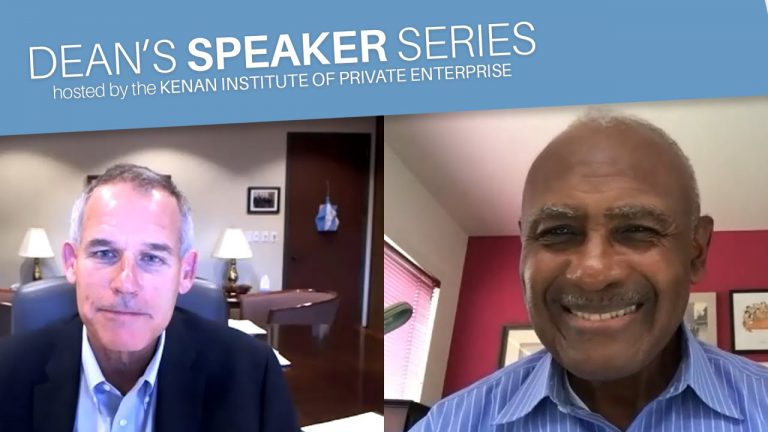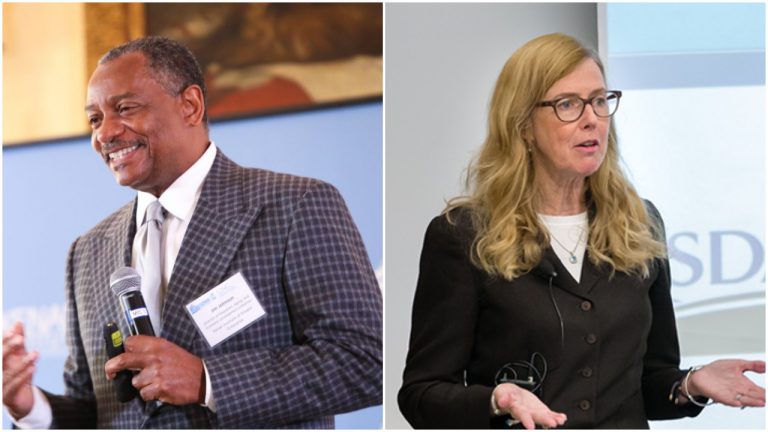Universal childcare reform implemented in Quebec, Canada, in the late 1990s boosted the careers and earnings of new mothers and produced positive outcomes for some companies as well.
Prior research suggests that female negotiators often obtain worse outcomes than male negotiators. The current research examines whether this pattern extends to the large subset of men and women who identify as gays and lesbians. In particular, we interweave scholarship on gender stereotypes with work on intersectionality and MOSAIC theory to develop a theoretical model that anticipates how male and female negotiators will be treated at the bargaining table based on whether they are perceived to be heterosexual or homosexual. This model predicts that homosexual women, like heterosexual men, will receive more beneficial negotiation offers and outcomes than heterosexual women and homosexual men.
Prior research suggests that female negotiators often obtain worse outcomes than male negotiators. The current research examines whether this pattern extends to the large subset of men and women who identify as gays and lesbians. In particular, we interweave scholarship on gender stereotypes with work on intersectionality and MOSAIC theory to develop a theoretical model that anticipates how male and female negotiators will be treated at the bargaining table based on whether they are perceived to be heterosexual or homosexual.
Research from UNC Kenan-Flagler Finance Professor Eric Ghysels attaches explicit costs to a model’s classification errors, in this case concerning pretrial detention decisions, avoiding the one-size-fits-all symmetrical cost function of traditional machine learning.

Women in the Financial Sector
We examine the evolution of the gender pay gap in finance, using administrative U.K. data over two decades. We show a persistently larger gender pay gap in finance relative to other sectors, which is predominantly explained by skilled male employees sorting relatively more into finance. The gender pay gap in finance is lower for flexible occupations, in firms providing childcare benefits, and in female-friendly environments. Over time, the difference in the gender pay gap between finance and non-finance sectors has steadily narrowed from 40% in 1997 to 23% in 2019, as more skilled women sort into finance.

Strategies for Diversifying Corporate Leadership
Firms continue to strive for greater representation on corporate boards. One California law, attempting to mandate such greater representation, has encountered a recent setback. Two experts discuss obstacles to more diverse corporate leadership and offer approaches for surmounting them.

Trend Watch: What’s Next for Entrepreneurship
Does the quality of startups increase when the quantity drops? Does entrepreneurial experience help or hurt a corporate job candidate? Do diverse teams make for better startups? The 2022 Trends in Entrepreneurship report brings together our global network of affiliated experts to address these questions and more – with key findings highlighted in this week’s insight.

Fixing the Leaky Gender Equality Pipeline
Much has been written about the disproportionate number of women who have suffered pandemic-related job losses during COVID-19, but a related consequence has not been as well explored: the serious disruption of women’s careers, particularly in fields in which “path dependence” matters for success. In this Kenan Insight, we examine this more subtle asymmetry in the pandemic’s impact as indicative of far broader issues for women’s advancement in the workplace.

Join our panel of experts who will share their technological, legal and social expertise to answer the questions raised by the real-world performance of risk assessment instruments.
Most organizational leaders have come to recognize that hiring and retaining a diverse workforce is a business imperative. But many struggle to achieve their diversity goals. In this Kenan Insight, we explore how organizations can measure their “organizational equity” — that is, their internal distribution of power and resources — and build a diverse workforce that leads to greater organizational success.
In a recent Triangle Business Journal article, Urban Investment Strategies Center Director Jim Johnson and UNC Kenan-Flagler Business School Professor Jeanne Milliken Bonds discuss why Americans are increasingly turning to companies with purpose and ethics, and provide a corporate reputational equity checklist to help organizations move toward greater diversity, equity and inclusion (DEI) practices.

Dean’s Speaker Series — Harvey Gantt
On Thursday, Oct. 29, architect, politician and former mayor of Charlotte Harvey Gantt joined UNC Kenan-Flagler Business School Dean Doug Shackelford for an exclusive fireside chat. Gantt discussed his career, the current political climate and the social justice movement in the U.S. This virtual experience was part of the Dean’s Speaker Series.




